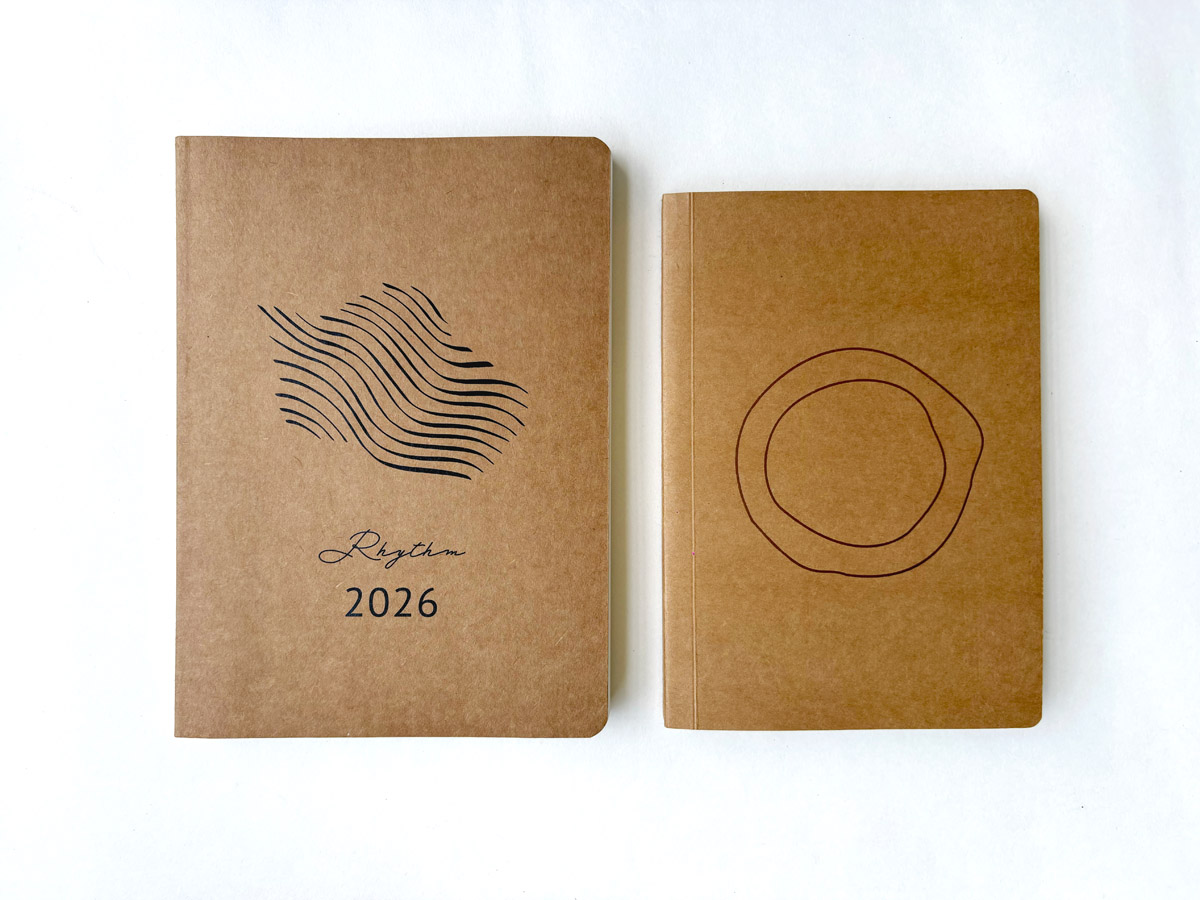Small Wins — How Reflection Creates Clarity
There’s a particular kind of tiredness that settles in at the end of a month — not the physical kind, but a mental hum that comes from feeling like you didn’t do enough. You might have crossed off tasks, replied to messages, kept up with life, yet somehow, sometimes it still doesn’t feel like progress.
The unfinished things stand out — the unchecked boxes, the goals carried forward, the days that felt scattered.
But look closer.
Beneath that noise, something softer has been unfolding all along.
You did things that never made it to the list — the moments you showed up, the tiny adjustments you made, the days you rested when you needed to. Those are the quiet wins. They don’t shout, but they count.
Progress isn’t always grand. Sometimes, it’s a slower rhythm — steady, subtle, quietly shaping your days.
When you start noticing these moments, something changes. Guilt softens into gratitude. The blur sharpens into meaning. You begin to see effort for what it is — presence in motion.
The Science of Small Wins
Harvard researcher Teresa Amabile calls it The Progress Principle — the simple truth that noticing small wins can deeply influence how happy, productive, and grounded we feel.
Every time you tick off a task or complete a thought, your brain releases dopamine — a small pulse of satisfaction that says, you’re moving forward.
It’s not about achieving big milestones — it’s about acknowledging progress in real time.
But we rarely pause long enough to notice. We jump from one thing to the next, letting the smaller moments pass unseen. And when we don’t see progress, our motivation quietly drains.
Reflection changes that. It helps you recognize that every little effort was part of something bigger.
A late-night note. A small boundary set. A morning that started slower but steadier.
You were moving — even if it didn’t look like it.
Why Reflection Brings Clarity
Reflection doesn’t demand perfection. It invites awareness.
It’s not about analyzing what went wrong — it’s about noticing what worked, and why.
When you take a moment to look back, patterns begin to appear: the times of day that flow best, the habits that actually help, the small things that bring calm.
Without reflection, the days merge into a blur.
With it, they start to carry rhythm.
You stop reacting to life and start responding to it.
And that difference — between rushing through and pausing to see — is what builds clarity.
A short end-of-day ritual — five quiet minutes to jot a few lines or circle one small win — can do more than a full weekly review.
You don’t need to fill a page.
You just need to look back — gently.
The act itself becomes grounding. It turns ordinary effort into evidence of care.
How Space Supports Reflection
Reflection feels easier when your environment — and your tools — are uncluttered.
A minimal planner, a clear desk, even an unhurried page layout can shape the way your thoughts unfold.
Because too much structure can sometimes feel like noise.
White space is not emptiness. It’s permission.
It tells you that your thoughts don’t need to be perfect or finished — they just need to be.
When there’s room to pause between lines, the mind finds its own rhythm again.
You start noticing the spaces where things are working, not just where they’re not.
The best tools are the ones that mirror this balance — not filling every inch, but leaving space for breath, spontaneity, and calm.
They remind you that doing less, with intention, can sometimes create more impact.
A quiet layout becomes an invitation: to slow down, to reflect, and to notice yourself growing — not because you planned perfectly, but because you kept showing up.
Finding Meaning in the Everyday
The world celebrates milestones — new launches, promotions, big achievements.
But most of life unfolds in the spaces between those moments.
Waking up early on a day you wanted to sleep in.
Finishing a lingering errand.
Choosing rest without guilt.
Saying no when you mean it.
These small acts don’t draw applause — but they build strength, rhythm, and balance.
When you start honoring them, your perspective changes. You stop chasing perfection and start recognizing progress in quieter forms.
Your planner or journal becomes a witness — not a scoreboard.
Each line, each scribble, each blank page tells the story of trying.
Of staying.
Of growing gently.
And that story deserves to be seen.
Creating and Protecting Me-Time
There’s something sacred about the stillness that comes when you’re alone — not lonely, but gently connected to yourself.
That’s your me-time.
It doesn’t need to be dramatic. It can be ten minutes in the morning, a walk without headphones, or an evening ritual with your planner open and thoughts unwinding.
If it feels impossible to fit in, try designating an anchor day — one consistent day in your week when you slow down.
Maybe a Sunday morning reset, maybe a quiet Thursday evening.
That small routine becomes your anchor.
It’s not about control — it’s about return.
Reflection needs breathing room, and that’s what me-time really is — not indulgence, but maintenance.
It’s where the mind settles, clarity lands, and calm quietly returns.
To protect it, start small. Anchor it somewhere in your week — a Sunday morning, a midweek pause. Mark it down, just like any other commitment.
Redefine rest so it’s not about doing nothing, but doing something that grounds you — journaling, walking, even organizing your desk.
Add tiny rituals to signal the shift — a cup of tea, a candle, or simply opening your planner. We explored this in details in a previous piece. Read it here.
And most importantly, drop the guilt. Time spent re-centering is time invested, not wasted.
Because reflection doesn’t happen in motion.
It happens in the stillness that lets everything make sense again.
The Process Is the Real Progress
Reflection isn’t about judgment — it’s about understanding.
You can be ambitious and still gentle.
You can strive for better and still rest.
Progress doesn’t always look like forward motion.
Sometimes, it’s the act of pausing long enough to realign.
Each tick mark, each empty box, each scribble has a place.
Because blank spaces aren’t failures — they’re breathing room.
They mean you’re listening — to yourself, your pace, your needs.
And in that quiet listening, you’ll often find what you were chasing all along: clarity, calm, and a rhythm that feels your own.
That’s the gift of reflection — it’s not something to achieve, it’s something to practice.
A Quiet Takeaway
Maybe this month, instead of rushing into what’s next, take a moment to pause.
Look back — not to measure, but to notice.
You might realize that progress was always there, quietly unfolding, one small win at a time.
And that’s where reflection becomes powerful — when it helps you see that clarity doesn’t come from doing more, but from seeing enough.







